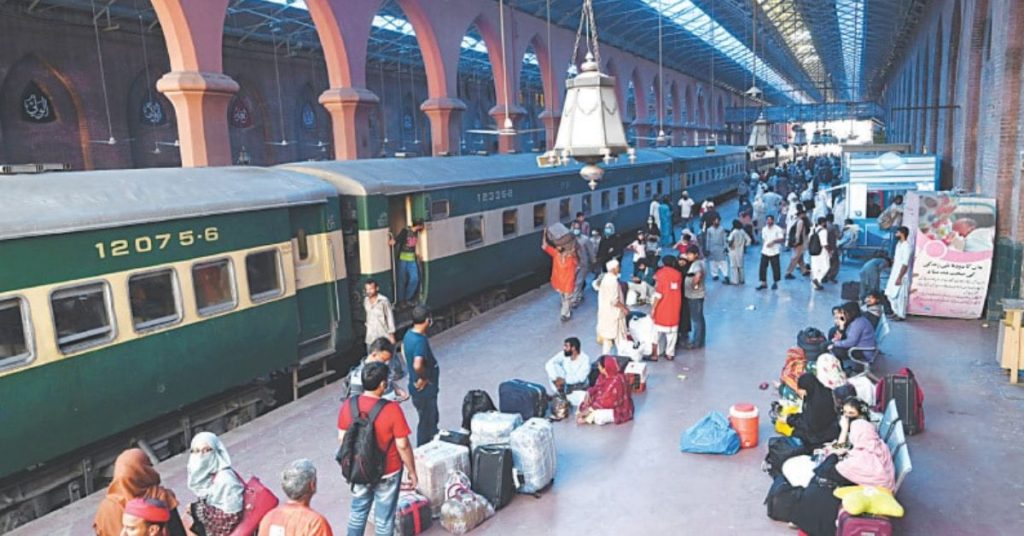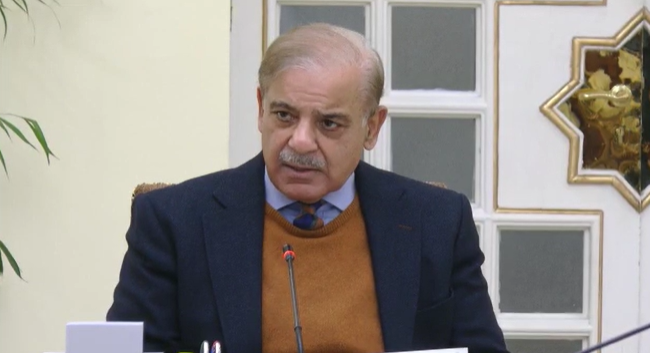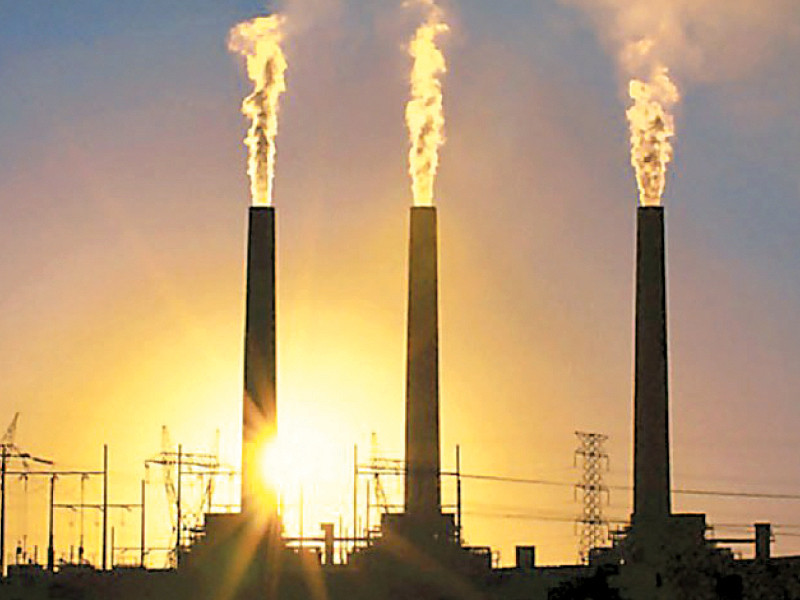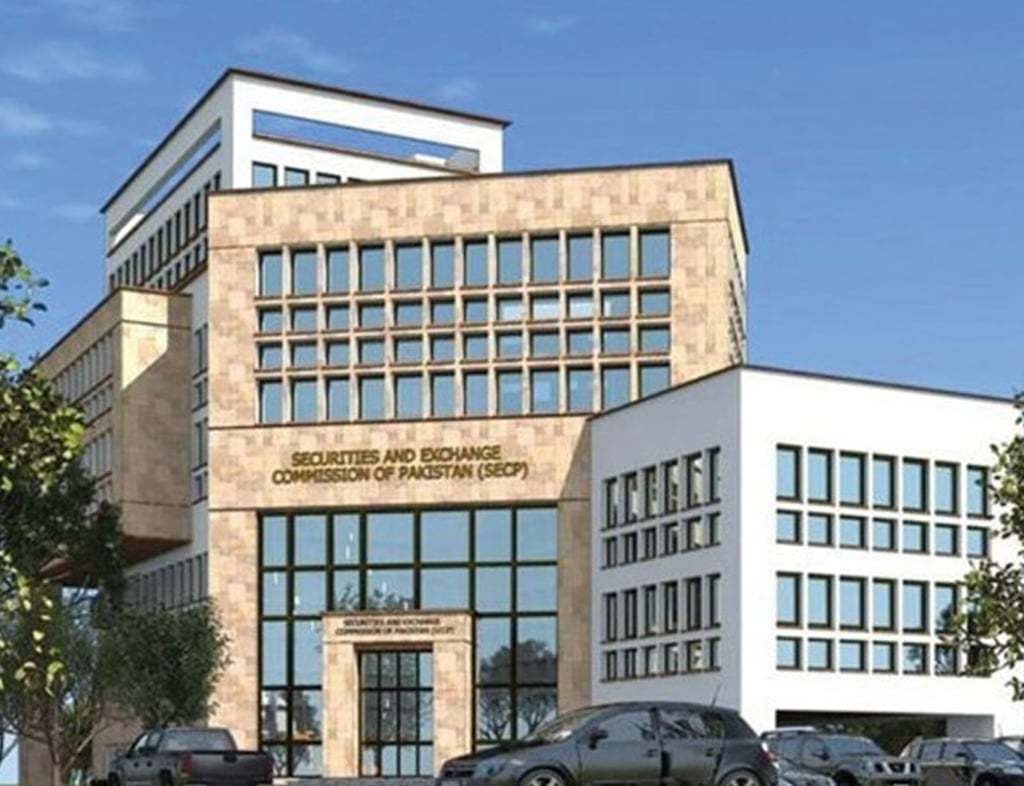The recent increase in fuel prices, Pakistan Railways has announced a 1% fare hike across all passenger train services. The new fares will affect various classes, including economy, AC standard, AC business, and AC parlour, and will be effective from Friday, July 19. This decision comes just weeks after the railway operator raised freight rates, indicating an ongoing trend of fare adjustments linked to fluctuating fuel costs.
According to the notification issued by the Railways Department, the 1% increase in fares will apply to all types of passenger train services, including mail, express, and intercity trains. This also extends to trains operating under public-private partnerships. Divisional superintendents have been instructed to update the fare tables accordingly, ensuring that all passengers are informed of the changes.
It is noteworthy that Pakistan Railways did not provide any relief to passengers when fuel prices decreased previously. Despite the reduction in operational costs during periods of lower fuel prices, the fares remained unchanged. However, with the recent rise in petroleum product prices, the fare increase has been promptly implemented.
The latest fare hike follows a 3% increase in freight rates announced by Pakistan Railways, which came into effect on July 3. This increase did not apply to certain commodities such as steel coils, petroleum products, and various service charges. The decision to raise freight rates was driven by similar factors related to fuel price adjustments, impacting the overall cost structure of railway operations.
Despite the fare and freight rate hikes, Pakistan Railways reported a record revenue of Rs 88 billion for the fiscal year 2023-24. This figure significantly exceeded the original target of Rs 73 billion, highlighting the financial performance and revenue generation capabilities of the national railway operator. The increased revenue can be attributed to efficient management, increased freight operations, and higher passenger volumes.
The fare increase is likely to impact passengers across different classes and services. Frequent travelers, particularly those using economy class, may feel the financial strain of the continuous fare hikes. The cumulative effect of increased fares and freight rates could also affect the overall cost of goods transported via rail, potentially leading to higher prices for consumers.
The fare hike comes amid a broader economic context where inflation and rising fuel prices are affecting various sectors. The transportation sector, including railways, is particularly vulnerable to fuel price fluctuations. As a state-owned entity, Pakistan Railways has to balance operational costs with service affordability, often leading to fare adjustments in response to economic conditions.
Looking ahead, Pakistan Railways may continue to adjust fares based on fuel price trends and overall economic conditions. While the recent fare hike addresses immediate cost pressures, the railway operator will need to explore long-term strategies to enhance operational efficiency and financial sustainability. Investments in modernizing infrastructure, improving service quality, and optimizing fuel consumption could mitigate the impact of future fuel price increases.




